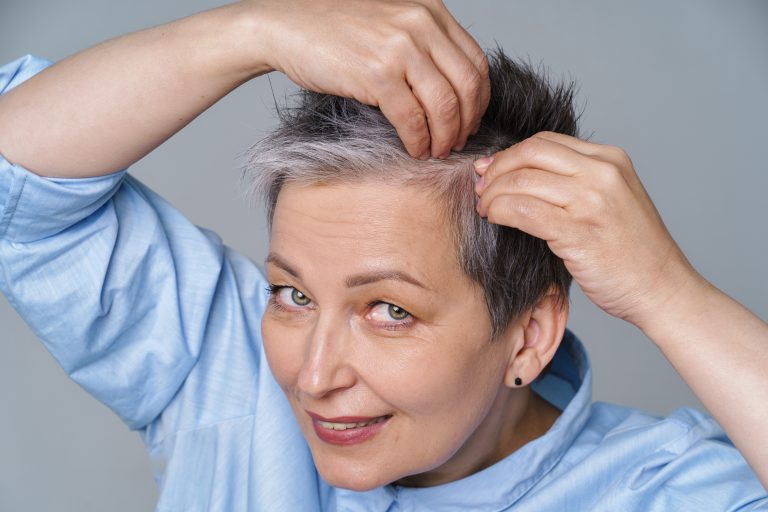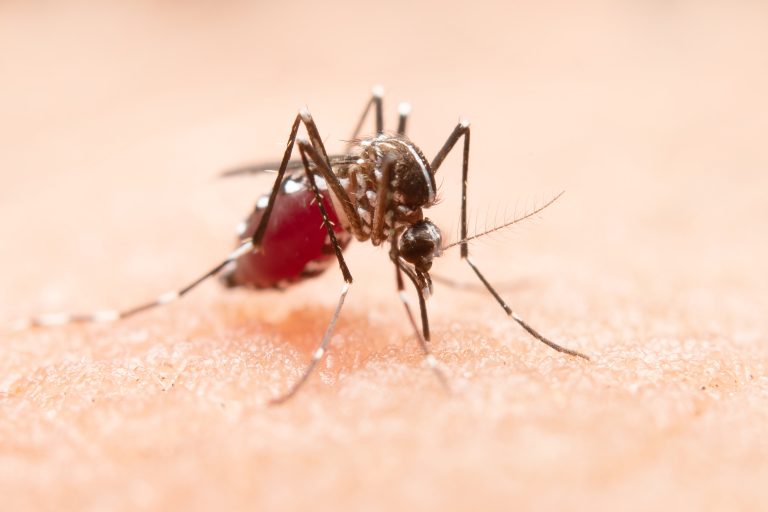As dermatologists, one of the most common questions that comes our way is about the excessive hair loss you see when you simply brush your hair, on your bathroom floor, or on your pillow when you wake up.
Are you someone who can relate and is concerned about what is causing this?
Here is what you should know:
First, we call this occurrence “hair shedding.” Losing 50 -150 strands of hair a day is quite normal, so you have nothing to worry about! Every single strand of hair will fall off between 3 and 5 years, and in relation to this, one will grow back in the same exact place. The density or the thickness of the hair will not change.
After the age of 25, the amount of hair on both men and women’s heads gradually decreases. Even so, due to the estrogen hormone in women, during the ages 20 – 40, the thickness of their hair may increase slightly. Nevertheless, after 40, they too will usually undergo a decrease in the amount of hair and hair strand density.
You may have experienced excessive hair loss due to side effects from certain illnesses. A most commonly known situation is iron deficiency, especially experienced by young women who menstruate heavily. Identifying that and treating the deficiency accordingly would be valuable for good hair growth.
Similar to iron, vitamin D plays a significant role in hair growth. You might know that when we are exposed to the sun, our skin produces Vitamin D, and even though we experience sunlight abundantly, it is not unusual for people in our country and countries similar to ours to be subjected to Vitamin D deficiency, which can cause hair loss.
At times, due to illnesses such as hypothyroidism and hyperthyroidism (an underactive or overactive thyroid gland producing less or more of the thyroid hormone, respectively), your hair may fall. If you are showing symptoms of such instances, it is advised to do the recommended hormone tests.
Dandruff and seborrheic dermatitis, which is very similar to the former, are two more commonly known scalp complications. These result in minuscule flakes coming off the scalp, leading to hair fall. It is important to diagnose these conditions and treat them appropriately. Use a doctor-recommended and accepted dandruff shampoo a few times per week as a treatment to some extent.
Not to mention, chemical products used to style your hair and heating tools such as hair dryers, curlers, and straighteners would weaken your hair and prompt hair shedding. Particularly, using high levels of heat on damp hair might create air bubbles in the hair strand, known as the “Bubble Hair Syndrome,” that would damage your hair further.
Immense physical or mental stress your body goes through will also negatively impact your hair, and we call this Telogen Effluvium. For example, if you were someone who suffered from Covid or Dengue fever, you may have observed excessive hair loss after 2 to 3 months, or even if you have been subjected to a great mental stress. It can be any type of physical or mental stress, but the good news is that it will all be alright in a few months.
Moreover, an effect from the combination of your hormones and genes would result in hair loss, known as Androgenetic Alopecia, a common form of hair loss seen mostly in men but also occasionally among women.
In closing, if you think that your hair is falling excessively or that it is thinning rapidly, it is important that you meet a suitable doctor and conduct proper diagnostics.



